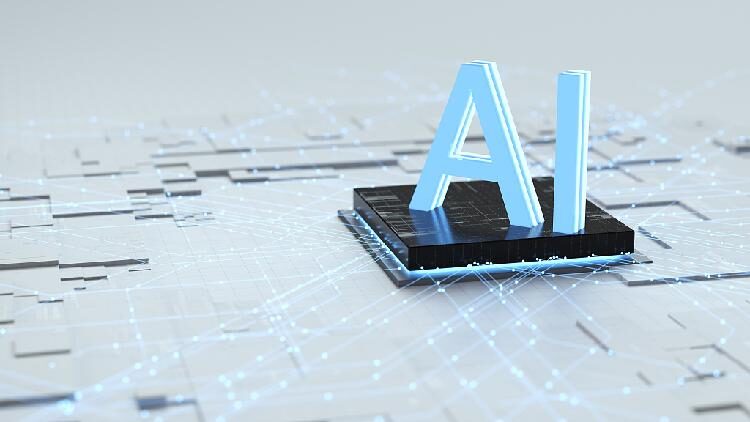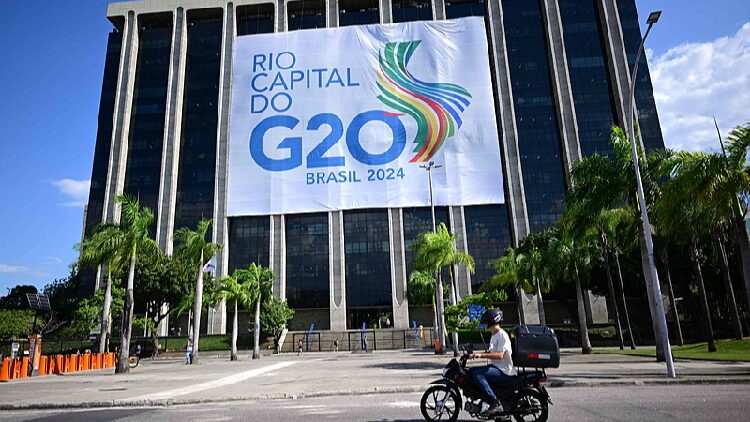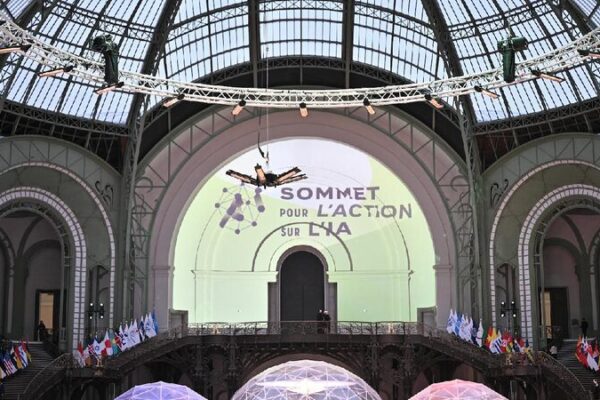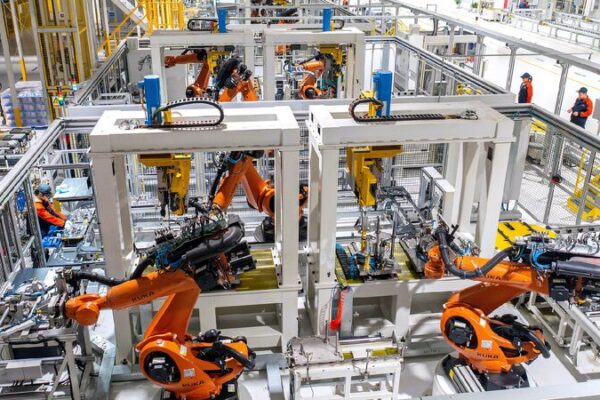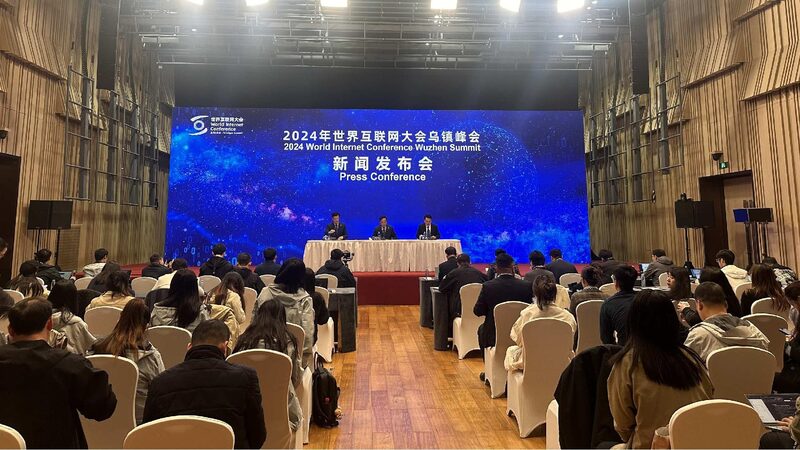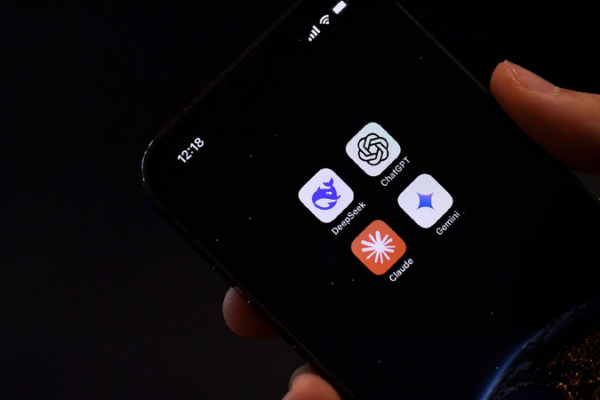The rise of artificial intelligence (AI) is reshaping the world as we know it, and one of the biggest areas feeling the impact is copyright management. As AI becomes more advanced, creators are grappling with how to protect their work in a digital age where lines are increasingly blurred.
Recently, experts from around the globe gathered in Beijing for the Copyright Collective Management Summit 2024. Hosted by the China Audio-Video Copyright Association (CAVCA), the event brought together leaders in copyright, entertainment, and law to tackle pressing issues like how AI affects copyright and what can be done to protect creators.
AI’s Impact on Creative Works
AI systems learn by processing vast amounts of data, which often includes copyrighted material. This raises big questions: Should AI be allowed to use these works without permission? And if AI creates new content from what it learns, who owns that content?
“We act as a bridge,” said Zhou Yaping, director general of CAVCA. “Without collective management, many copyright laws would remain unenforceable in practice. AI developments only underscore this necessity.”
Protecting Creators in the AI Era
Collective management organizations (CMOs) like CAVCA are stepping up to help. They work on behalf of artists to manage and license their rights, making sure creators get fair compensation. With AI in the mix, CMOs are looking at new ways to simplify licensing and protect rights, possibly using technologies like blockchain.
Legal experts like Chen Jinchuan highlight that current laws don’t always recognize AI users as authors, which can make things tricky. There’s a push for new rules that would require AI companies to be transparent about the data they use and to compensate creators fairly.
Global Efforts and the Way Forward
Different countries are handling these challenges in various ways. For example, the European Union requires AI developers to let creators opt out of having their work used in AI training. Japan has more lenient policies. China is aiming to strike a balance between protecting creators and fostering innovation.
At the summit, industry leaders agreed that collaboration is key. By working together, they hope to create solutions that protect artists while allowing technology to advance responsibly.
“This is not about resisting technology,” Zhou emphasized. “It’s about shaping its future responsibly.”
The Bottom Line
As AI continues to evolve, it’s clear that the worlds of technology and creativity are more connected than ever. Protecting artistic works in this new landscape is essential, and with global cooperation, there’s hope for solutions that benefit everyone involved.
Reference(s):
cgtn.com
